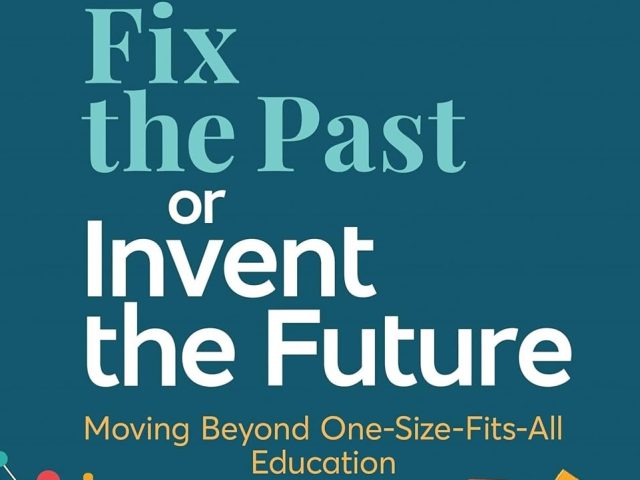
A month ago, I wrote about a Tom Sherrington essay proposing a truce between partisans of direct instruction and those of project-based learning (and other “constructivist pedagogies”).
In brief, Sherrington argues that both pedagogical approaches have their appropriate time in the learning process.
EARLY in schema formation, direct instruction helps promote learning for novices.
LATER in schema formation, project-based pedagogies can apply, enrich, and connect concepts for experts.
Today’s Update
At the time I wrote about Sherrington’s essay, it was available in a book on Education Myths, edited by Craig Barton.
I do recommend that book–several of its essays offer important insights. (See this post on Clare Sealy’s distinction between autobiographical and semantic memory.)
If you’d like to read Sherrington’s essay right away, I have good news: he has published it on his website.
Happily, his contribution to the debate is now more broadly available.
A Final Note
Like other thinkers in this field, Sherrington proposes the novice/expert divide as the most important framework for understanding when to adapt pedagogical models.
In my own thinking, I’m increasingly interested in understanding and defining the transition points from one to the other.
That is: how can we tell when our novices have become experts?
What are the signs and symptoms of expertise? How can we describe those signs and symptoms so that 3rd grade teachers and 7th grade teachers can make sense of them?
Or, science teachers and history teachers?
Or, soccer coaches as well as dance instructors?
In other words: I agree with Sherrington’s framework, but I think it’s incomplete without clearer guidance about the novice/expert continuum.






